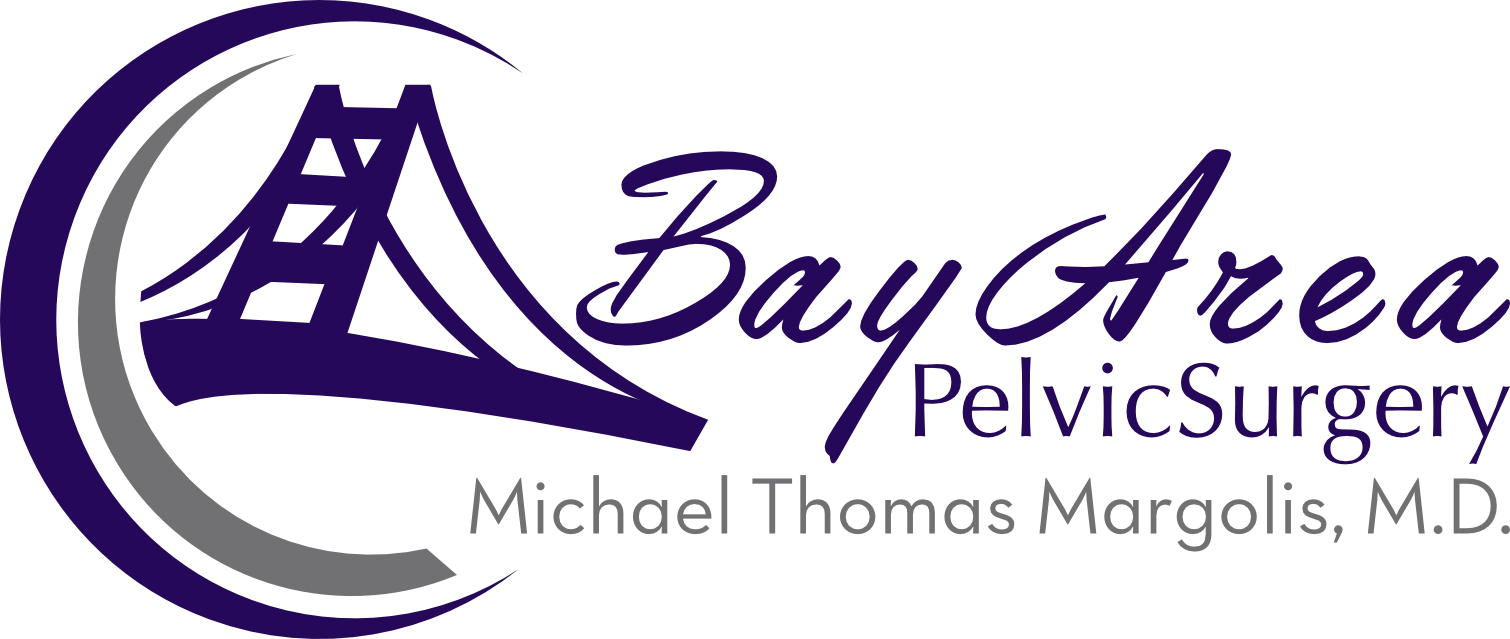Due to his skill and experience, Dr. Margolis operatES WITH CONFIDENCE and EFFICIENCY, which TRANSLATES TO less time under anesthesia, improved patient safety, and superior SURGICAL outcomes.
Pelvic organ prolapse refers to abnormal bulging or descent of the female reproductive organs due to underlying weakness in the supporting ligaments.
Many organs can prolapse including the uterus (utero-vaginal prolapse), bladder (cystocele), rectum (rectocele), or vaginal cuff (vault prolapse in women who have undergone hysterectomy). Sometimes prolapse causes discomfort or skin irritation and can also lead to urinary incontinence or difficulty with bowel movements. Although many women feel embarrassed or anxious discussing their prolapse symptoms, it is important to realize that prolapse is extremely common and successful treatments are available.
Conservative measures may be beneficial for prolapse, but many women eventually seek out definitive surgical treatment. Dr. Margolis has extensive experience performing minimally invasive and laparoscopic surgeries to correct all types of pelvic organ prolapse.
Common procedures performed include:
laparoscopic sacrocolpopexy
sacrospinous ligament suspension
colpocleisis (LeFort)
anterior and posterior repairs
patient testimonial or referring physician testimonial video
Margolis video – common questions about prolapse
Prolapse FAQ
How common is prolapse?
Prolapse can affect as many as 50% of women. There are approximately 300,000 surgeries for pelvic organ prolapse performed in the US annually.
What are common signs of prolapse?
Vaginal pressure or a vaginal bulge of tissue (can be either palpable or sometimes visible)
discomfort during intercourse
rubbing or chaffing of prolapsed tissue against undergarments
voiding or defecatory dysfunction (difficulty in fully emptying either the bladder or bowels)
What are risk factors for prolapse?
childbirth (especially vaginal deliveries and any complications such as forceps, prolonged labor, or large babies)
advancing age and postmenopausal status
obesity
repeated abdominal straining, for example with heavy lifting or chronic constipation
connective tissue disorders
Is prolapse dangerous?
In general, prolapse is not an urgent medical problem like cancer or a heart attack, but prolapse can have a major impact on quality of life as well as sexual and social functions. Prolapse can also lead to a higher incidence of urinary tract infections.
What non-surgical and surgical options are available to correct prolapse?
The first option is expectant management, which means monitoring symptoms for changes. For mild prolapse symptoms, some women may choose to observe prolapse if the symptoms are not particularly bothersome. Non-surgical options include Kegel exercises, pelvic floor physical therapy, and pessaries. It is always preferable to consider non-surgical options before contemplating proceeding to surgery.
How should I choose a surgeon for my prolapse repair?
Volume - Multiple studies have demonstrated that in general, high-volume surgeons have better surgical outcomes than low-volume surgeons. Unfortunately, it is very difficult for general ob/gyns, especially in urban settings, to maintain adequate surgical volume for prolapse cases. Ask a prospective surgeon how many prolapse cases he or she performs annually.
Experience – ask your surgeon how long he or she has been performing a given procedure and inquire about any advanced training or certifications.
Operative time – Surgery should never be a race, but in general, shorter surgical times reflect greater efficiency and proficiency with a given technique.
Complication rate – Although there is always a risk of inadvertent injury with any surgical procedure, it is a red flag if a surgeon either does not know or is not willing to share his or her complication rate as well as how it compares to national benchmark rates.
Does your prospective surgeon use synthetic transvaginal mesh? - Studies have shown that surgeries without mesh have similar or better outcomes while avoiding mesh complications (references pending). Mesh complications include infection, erosion, pelvic pain, painful intercourse, bleeding, scarring, vaginal deformity, bladder and bowel dysfunction.
Credentials - Has a surgeon completed a fellowship? Is the prospective surgeon board certified? Does her or she belong to professional societies and stay up to date on trends and evidence for urogynecologic procedures?

